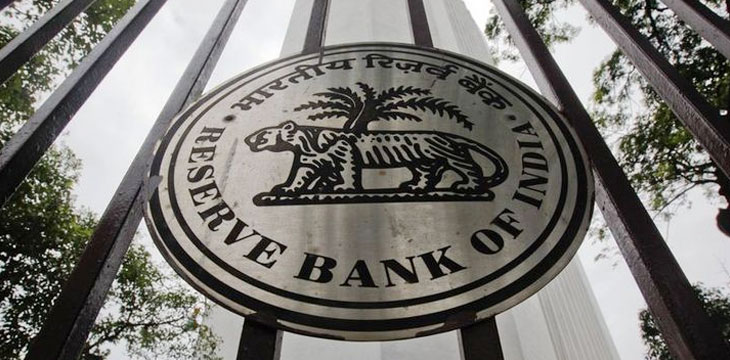|
Getting your Trinity Audio player ready...
|
Here we go again. In other example of governments not understanding the industry, the Reserve Bank of India (RBI) has dropped the hammer on cryptocurrencies. Financial institutions in the country that are backed by RBI are no longer permitted to allow their account holders to purchase cryptocurrency through their accounts.
In addition to barring the digital coins, RBI also implemented a policy that prohibits banks from dealing with any entity that settles or exchanges cryptocurrency. In a statement posted on its website, central bank said, “Reserve Bank has repeatedly cautioned users, holders and traders of virtual currencies, including Bitcoins, regarding various risks associated in dealing with such virtual currencies. In view of the associated risks, it has been decided that, with immediate effect, entities regulated by RBI shall not deal with or provide services to any individual or business entities dealing with or settling VCs. Regulated entities which already provide such services shall exit the relationship within a specified time.
RBI was at least nice enough to recognize that blockchain technology will play a part in a majority of transactions, but indicated that there are still too many questions surrounding the use of the currency, and how users can be protected from financial criminal activity.
“Technological innovations, including those underlying virtual currencies, have the potential to improve the efficiency and inclusiveness of the financial system. However, virtual currencies (VCs), also variously referred to as crypto currencies and crypto assets, raise concerns of consumer protection, market integrity and money laundering, among others,” according to the Indian central bank.
In the spirit of fair journalism, it should be pointed out that RBI’s decision isn’t new to the country. Banks have already begun to take the initiative to block cryptocurrency-related activities on their own, which has resulted in crypto trading to drop around 90%. Nonetheless, until now, the policy was never enacted as a government-backed action.
In order for India’s cryptocurrency fans to trade, they will now have to rely on peer-to-peer platforms such as the one offered by LocalBitcoins. LocalBitcoins currently manages around $1 million in trading for Indian clients. The most appropriate decision would have been to create and implement “Know Your Customer” (KYC) and similar regulations and to provide oversight on the industry.

 02-14-2026
02-14-2026 




